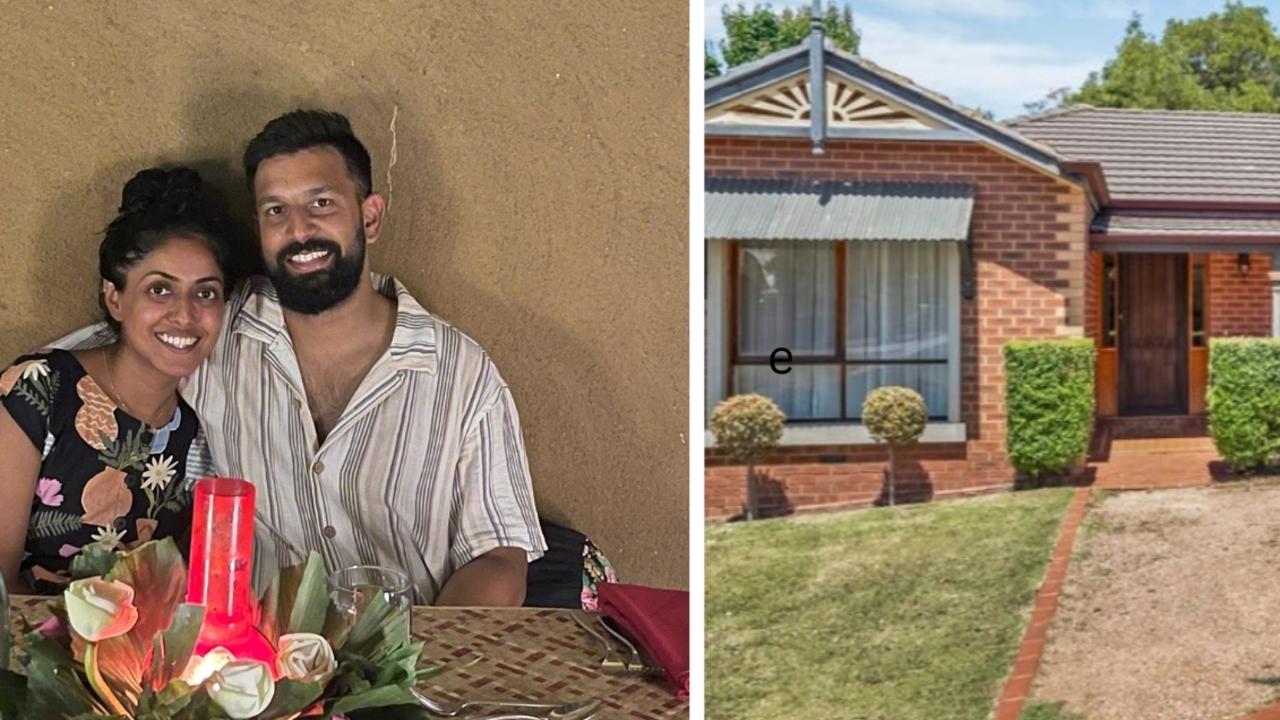Huge election warning over ‘guinea pig’ homes
Anthony Albanese has been warned not to take short cuts as he looks to prop up the popularity of his government and make up for his failure to meet election promises.
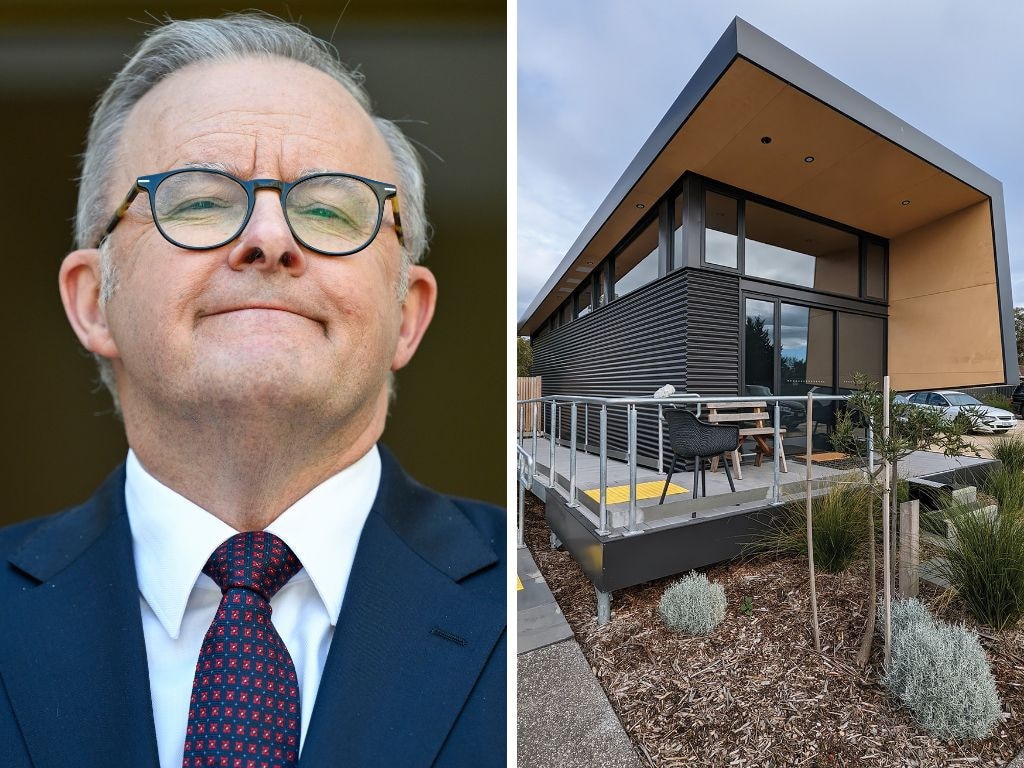
One of the issues in the housing debate in the upcoming federal election will be around the means and merits of modular housing construction.
On the surface it seems a no-brainer amid the current housing shortages and unaffordability, but there is work to be done to give buyers long term confidence.
Modular construction sees houses made up of individual sections constructed off-site. They are also known as kit homes, prefabs or flat packs.
And while modular construction has attracted much attention since its progression to 3D printing, it actually dates back to the 1850s, when prefabricated homes were constructed in the United Kingdom and shipped in pieces to Australia.
MORE: Insane amount Albo’s mansion will cost taxpayers
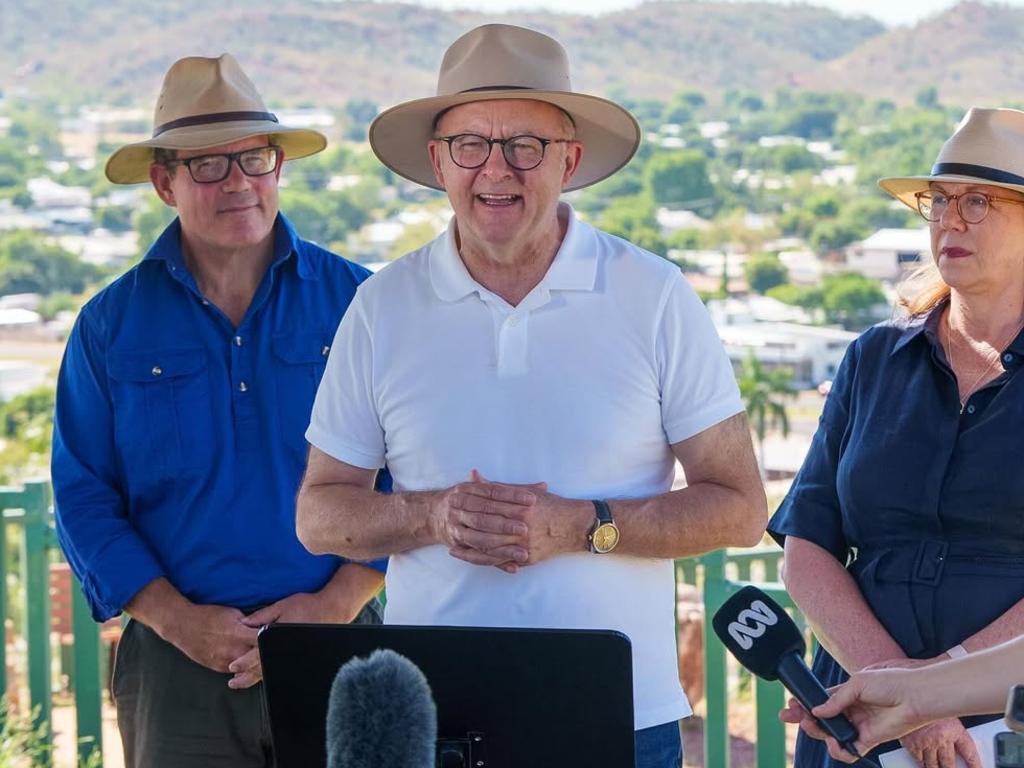
These manufactured, while work gets underway on the construction site, with the foundations and utility connections – all done in about 12 weeks and costing from $150,000. Attendees at the global property show, MIPIM (Le Marché international des professionnels de l’immobilier) have been encouraged to invest in the prefab market as it has grown internationally from $US92bn ($148bn) in 2018 to its mooted $130bn by 2030.
Investor interest has been buoyed by production times reduced by half, amid significant cost savings. Its methods also go hand-in-hand with ecological responsibility, minimising waste on-site. But there is debate whether modular can adhere to the codes and standards of traditional construction in Australia.
Since 2022 NSW has been preparing draft legislation to bring prefabrication into the building regulator’s domain, but legislation is yet to be passed.
MORE: Gen Z’s wild money expectations exposed
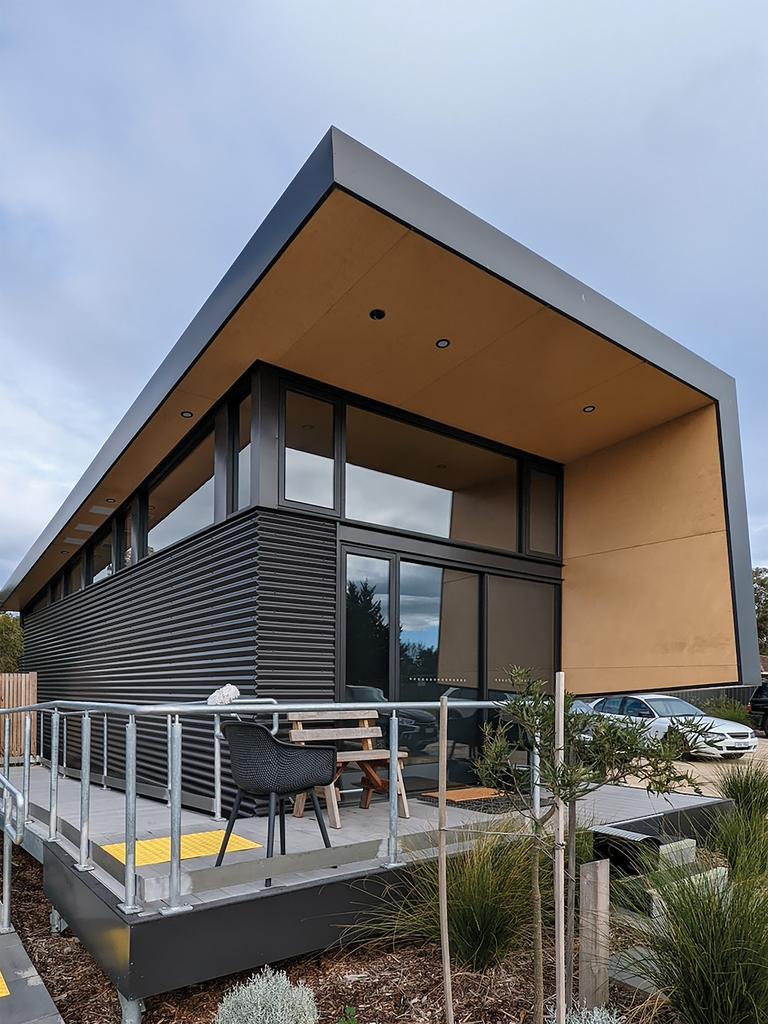
Recently retired NSW Building Commissioner David Chandler is no fan of rushing into prefab. He recently raised concerns ranging from moisture issues and fire safety along with gaps in skills, standards, materials and documentation. He says there are many multi-jurisdictional risks.
“I support the modernisation of construction as long as consumer interests are front and centre,” Chandler posted on LinkedIn.
“Surely it’s time for the Federal Government to address this muddle,” he said last month.
He is very concerned about the major inputs being increasingly sourced offshore.
“Prefab is not an answer, Prime Minister,” he said in relation to the 1.2m housing target.
“You would be better off unpacking the CFMEU tax on construction that is driving up costs and destroying SME builders.”
MORE: Aussie fashion tycoon reveals embarrassing home truth
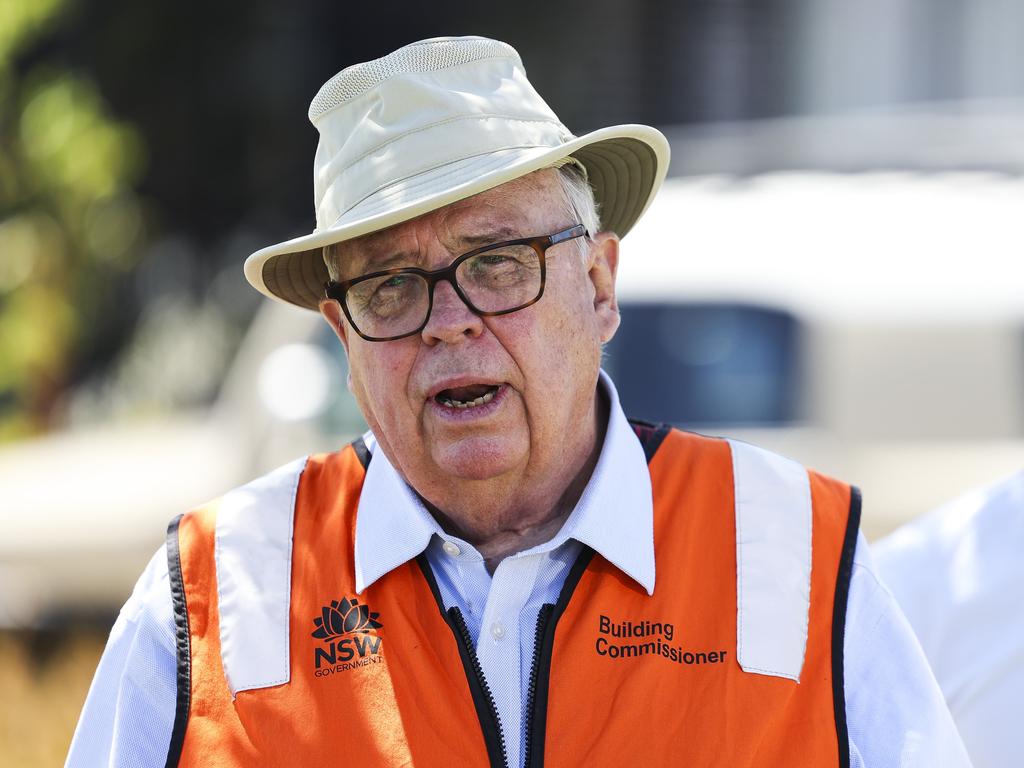
Meanwhile the Commonwealth Bank of Australia, has relaxed lending rules for prefabricated housing loans, now providing progress payments up to 80 per cent of production costs.
Governments and lenders should adopt a cautious approach warns Chandler:

“Modern construction’s customers must not become modern construction’s guinea pigs.
Originally published as Huge election warning over ‘guinea pig’ homes


